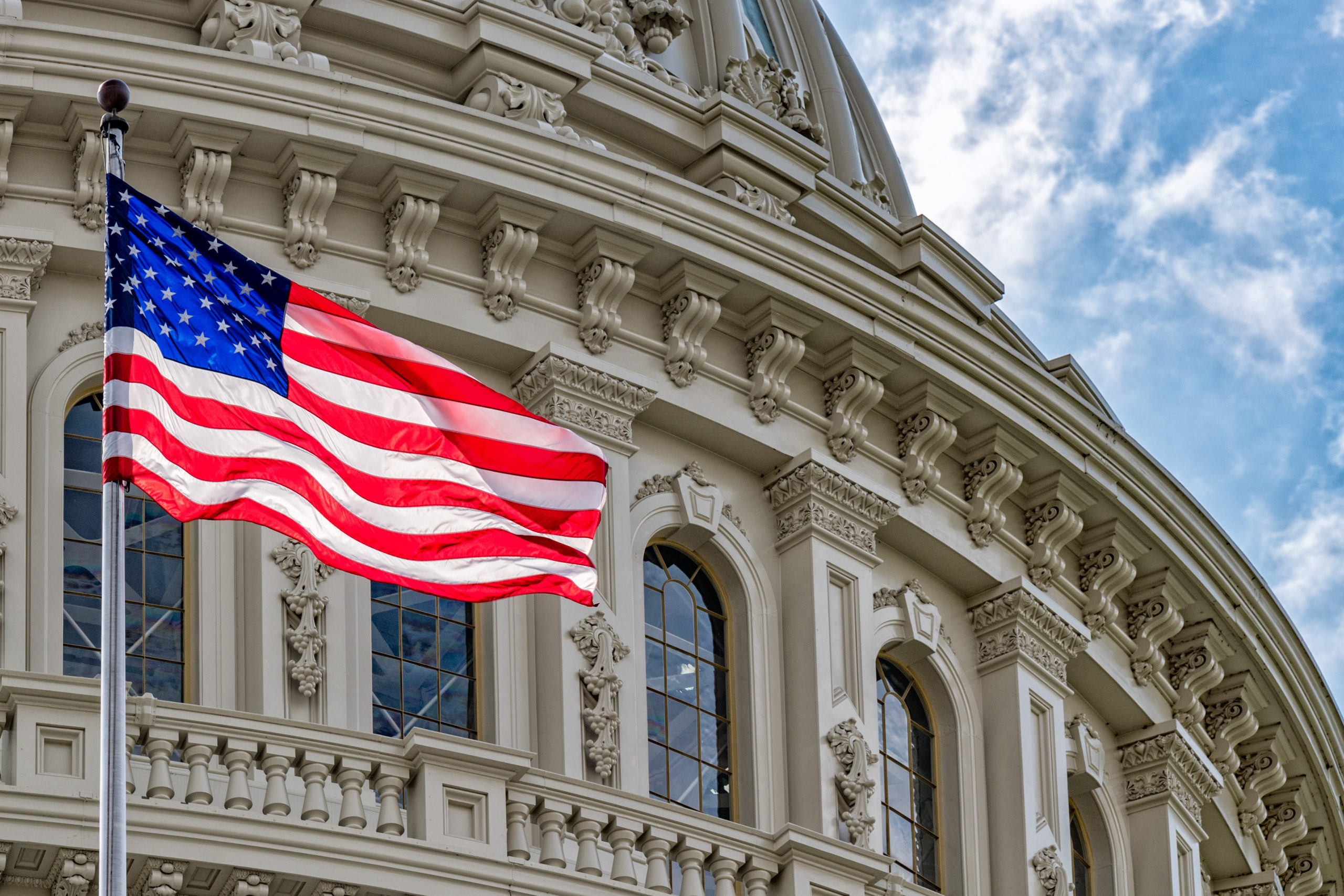House and Senate leaders early Wednesday morning released the text of the Consolidated Appropriations Act, 2022 (H.R. 2471), a package containing all fiscal year (FY) 2022 spending bills; emergency funding for COVID-19 and Ukraine; and other provisions. The House is expected to vote today on the omnibus as well as a short-term continuing resolution to keep the government funded at current levels through next Tuesday, March 15, to allow lawmakers additional time beyond the current March 11 deadline to complete work on the spending package.
Within the Labor, Health and Human Services, Education and Related Agencies portion, which has jurisdiction over key federal research agencies, such as the National Institutes of Health (NIH), the Centers for Disease Control and Prevention (CDC), and the Agency for Healthcare Research and Quality (AHRQ), the bill provides:
- $44.959 billion for NIH, a $2.25 billion increase (around 5%) over the comparable FY 2021 level.
- The agreement includes $1 billion to launch the Advanced Research Project Agency for Health (ARPA-H), an initiative proposed by President Biden to foster faster development of novel treatments, diagnostics, cures, and preventive measures to improve health.
- The bill also provides $1.683 million for the Eunice Kennedy Shriver National Institute of Child Health and Human Development (NICHD).
- $177 million, an increase of $109 million above FY 2021, in the Health Resources and Services Administration (HRSA), CDC, and NIH initiatives aimed at improving maternal health and reducing the nation’s high maternal mortality rate. Specifically, the bill provides:
- $30 million for NIH’s Implementing a Maternal Health and Pregnancy Outcomes Vision for Everyone (IMPROVE) initiative
- $83 million, an increase of $20 million over FY 2021 levels, for CDC to expand support for Safe Motherhood/Infant Health
- $30 million, an increase of $6 million, for State Maternal Health Innovation Grants
- $8.402 billion for CDC, a more than $580 million increase, over the total program level in FY 2022. This includes $7.5 billion in budget authority, and $900 million from the Prevention and Public Health Fund.
- $350.4 million in discretionary funding for AHRQ, a $12.4 million increase over FY21.
- $25.125 billion for the Food and Drug Administration (FDA), a $1.426 billion increase over FY21.
Specific to women’s health and women’s health research, the bill’s report language also includes:
- $59.48 million for the NIH Office of Research on Women’s Health (ORWH), an $8 million dollar increase from the FY 2021 level. This includes $4 million for the Building Interdisciplinary Research Careers in Women’s Health (BIRCWH) program to fund additional BIRCWH fellows.
- $1.5 million within NICHD to contract with the National Academies of Science, Education, and Medicine to convene a panel with specific legal, ethical, regulatory, and policy expertise to develop a framework for addressing medicolegal and liability issues when planning or conducting research specific to pregnant and lactating people.
- $1 million for the U.S. Department of Health and Human Services (HHS) Office on Women’s Health to convene an Interagency Coordinating Committee on the Promotion of Optimal Birth Outcomes to oversee and coordinate the HHS Action Plan to Improve Maternal Health in America.
- Report language encouraging NIH Institutes and Centers, in coordination with the Office of the Director and ORWH, to support research that studies how sex as a biological variable, as well as race/ethnicity variables, impact short- and long-term outcomes due to infection with SARS-CoV-2.
Responding to the bill, Senate Labor-HHS Appropriations Subcommittee Chair Patty Murray (D-WA) said, “At a critical moment for our country, this bipartisan bill makes investments where they matter most–in workers, students, women, and families…These are investments that lower families’ costs, create opportunity, protect our communities, and ultimately make our nation stronger.”
To view the bill and its supporting documents, please view the following links. The bill text is available here, the Labor-HHS explanatory statement is available here, the division-by-division summary is available here, and the summary of the COVID supplemental is available here.
For questions, please contact SWHR Chief Advocacy Officer Lindsey Horan.
